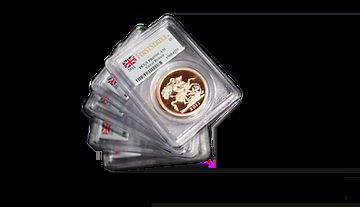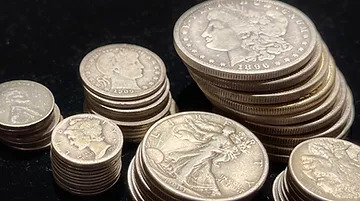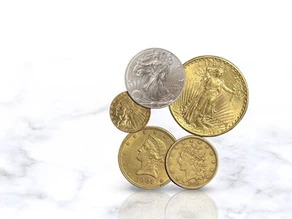What Are My Coins Worth?
This helps you to make informed decisions about which coins to buy and sell. In addition, rare coin collecting can provide you with a sense of history and perspective on different countries. In other words, it's more than just owning shiny coins.
For rare coin collectors, the pursuit is not only about acquiring rare and valuable coins, but also about understanding the economic principles that drive the market. Like other rare commodities, the biggest factor in determining the value of rare coins is the mintage- how many were produced.

When the supply of a particular coin is low and the demand is high, the price will go up. On the other hand, if the supply is high and the demand is low, the price will go down. Simple supply and demand principles.
If a coin has a mintage of 400,000 and millions of people want to get their hands on it, the price will definitely be up there! However, there are many other factors that can affect coin prices, such as inflation and economic recession.
An easy example to use is the 1909-S SVD American Penny with a mintage of 484,000. That's a lot, right? Sure, but with the millions of people that want to get their hands on it, it's justifiable for them to have a hefty price tag.
The same thing goes for any coin; if there were over 400,000 made but only 10,000 people want them, then there's plenty of supply to meet the demand. That does not make them very valuable. Again, it's the simple principle of supply and demand.
Basically, if it's a higher-collected coin, it will definitely have the price to match. This post is only referring to mintage, not the other factors in deciding the price of a coin such as age and condition. Those two also play a role in determining price, but mintage is arguably the most prominent factor.
Do you have coins of your own that you want an appraisal on? Local to the area? Come on down to All Valley, we'd love to help you out! We're not only a jewelry shop but a coin shop as well! We have over 40 years of experience and there's not a single question we can't answer!
Thanks for reading!




